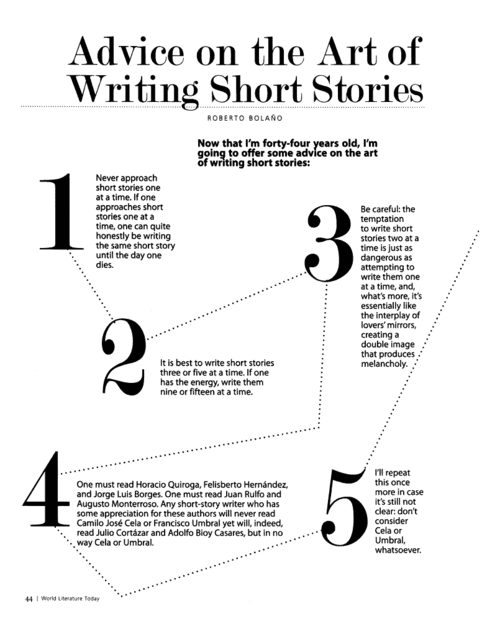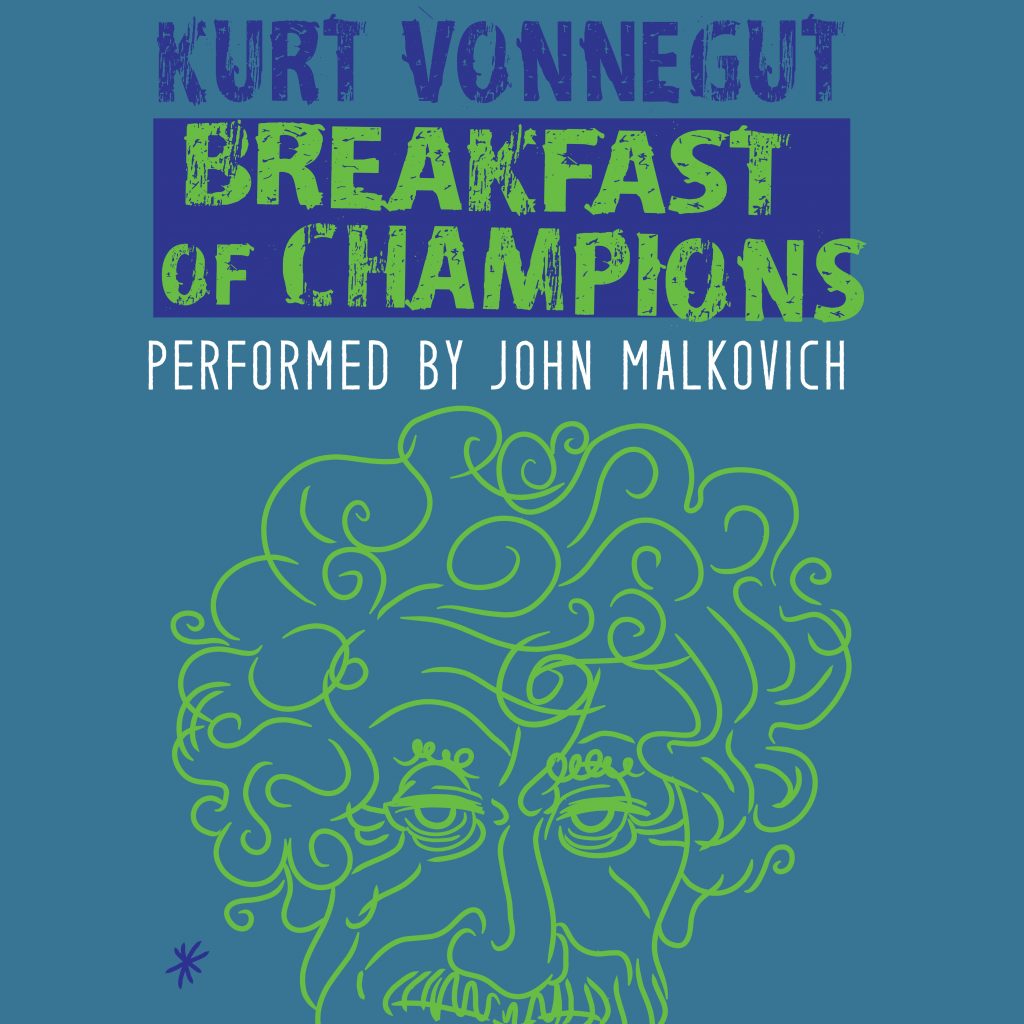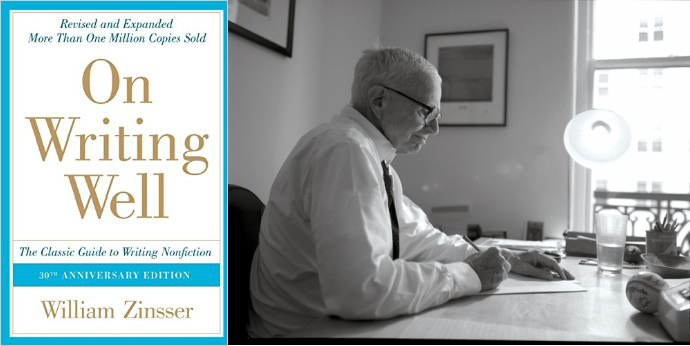In a perfect world, I could write this post for free. Alas, the rigors of the modern economy demand that I pay regular and sometimes high prices for food, shelter, books, and the other necessities of life. And so if I spend time working on something — and in my case, that usually means writing something — I’d better ask for money in exchange, or I’ll find myself out on the street before long. Nobody understands this better than Harlan Ellison, the hugely prolific author of novels, stories, essays screenplays, comic books, usually in, or dealing with, the genre of science fiction.
Ellison also starred in Dreams with Sharp Teeth, a documentary about his colorful life and all the work he’s written during it, a clip of which you can see at the top of the post. In it, he describes receiving a call just the day before from “a little film company” seeking permission to include an interview clip with him previously shot about the making of Babylon 5, a series on which he worked as creative consultant. “Absolutely,” Ellison said to the company’s representative. “All you’ve got to do is pay me.”
This simple request seemed to take the representative—who went on to insist that “everyone else is just doing it for nothing” and that “it would be good publicity”—quite by surprise. “Do you get a paycheck?” Ellison then asked. “Does your boss get a paycheck? Do you pay the telecine guy? Do you pay the cameraman? Do you pay the cutters? Do you pay the Teamsters when they schlep your stuff on the trucks? Would you go to the gas station and ask them to give you free gas? Would you go to the doctor and have them take out our spleen for nothing?”
This line of questioning has come up again and again since Ellison told this story, as when the journalist Nate Thayer, or more recently Wil Wheaton, spoke out against the expectation that writers would hand out the rights to their work “for exposure.” The pragmatic Ellison frames the matter as follows: “Cross my palm with silver, and you can use my interview.” But do financially-oriented attitudes such as his (“I don’t take a piss without getting paid for it”) taint the art and craft of writing? He doesn’t think so: “I sell my soul,” he admits, “but at the highest rates.”
Related Content:
Stephen King’s Top 20 Rules for Writers
Ray Bradbury on Zen and the Art of Writing (1973)
Colin Marshall writes elsewhere on cities, language, Asia, and men’s style. He’s at work on a book about Los Angeles, A Los Angeles Primer, the video series The City in Cinema, and the crowdfunded journalism project Where Is the City of the Future? Follow him on Twitter at @colinmarshall or on Facebook.





